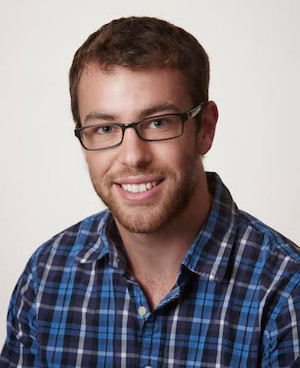Written by Tim Sainburg, Anthropogeny Specialization Track Graduate Student (UC San Diego Department of Psychology, Gentner Lab). Read more at TimSainburg.com.
As you progress further into your education, topics narrow. In primary school, you take math and science, which in high school turns into Calculus and Biology, and in college turns into Ordinary Differential Equations and Neuroanatomy. When you begin your Ph.D., you’re told that your thesis is an embarkation into a very thorough investigation of a narrow topic. You’re supposed to become one of the world’s experts on something very specific: a circuit in the brain, a set of algorithms, a disease model. During your Ph.D., it can be difficult to focus on breadth when the incentive system surrounding your research, and your own drive to carve your way in academia, requires an insular focus.
Specializing in Anthropogeny has served to keep me open to the big questions that I went into science for. At my first symposium, before I joined CARTA, I remember seeing Ajit Varki, co-director of CARTA, give the opening talk at a symposium. As in every following talk, he reminds us of the mission of CARTA, “There are a set of questions we humans ask ourselves. Who are we? What are we doing here? Where did we come from? How did we get here? Where are we going? Of these, CARTA focuses on where we came from, and how we got here.” A P.h.D. is strange. You pick up, move to another part of the world, and you entrench yourself so deeply into a research topic that it’s hard to draw connections between the “why” at a granular level, and the “why” at a global level. It is difficult to describe tangibly, but CARTA has been an academic pillar, keeping me focused on the big questions.
What has made these years at CARTA so important to me are the interactions, the intellectual engagement, the people, and the perspective. I could not give a reflection on CARTA without thinking first of Pascal Gagneux, who runs the student side of CARTA, and has been an endless stream of stimulation, knowledge, and ideas. I’ve made friends with students and faculty in broad research areas: linguists, anthropologists, neuroscientists, artists, people who pull together broad perspectives taken from diverse experiences. Through symposia, I’ve met world experts on topics as distant as stem cells and autistic savants. I have had the opportunity to observe researchers at work in some of the most important anthropogeny sites in the world: I’ve seen dig sites at Olduvai Gorge, sat for a cup of tea at Jane Goodall’s house in Gombe National Park, and watched million-year-old hominid fossils being carefully pieced together at Ethiopia’s National Museum in Addis Ababa. I met Hadza hunter-gatherers in the Eyasi Valley and watched in awe as they smoked out a beehive for honey in a gigantic baobab tree. CARTA stimulates intellectual pursuit with visceral experience. It has shaped me as a person and a scientist. CARTA is truly unique. I am honored to have been given the opportunity to take part.


